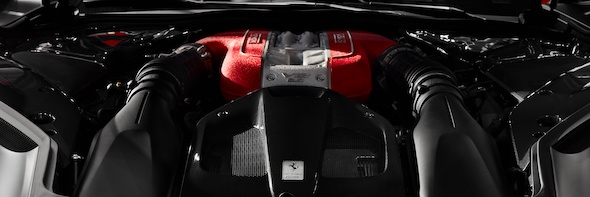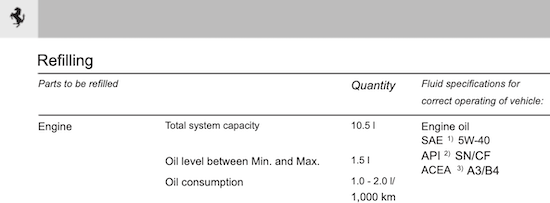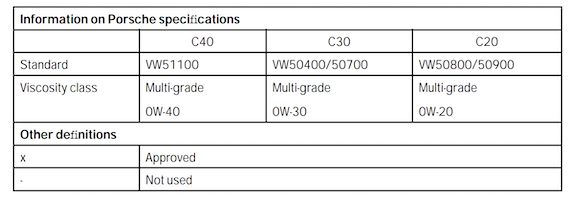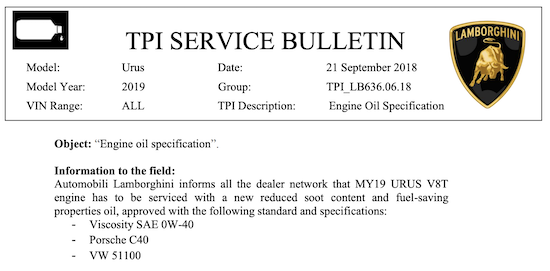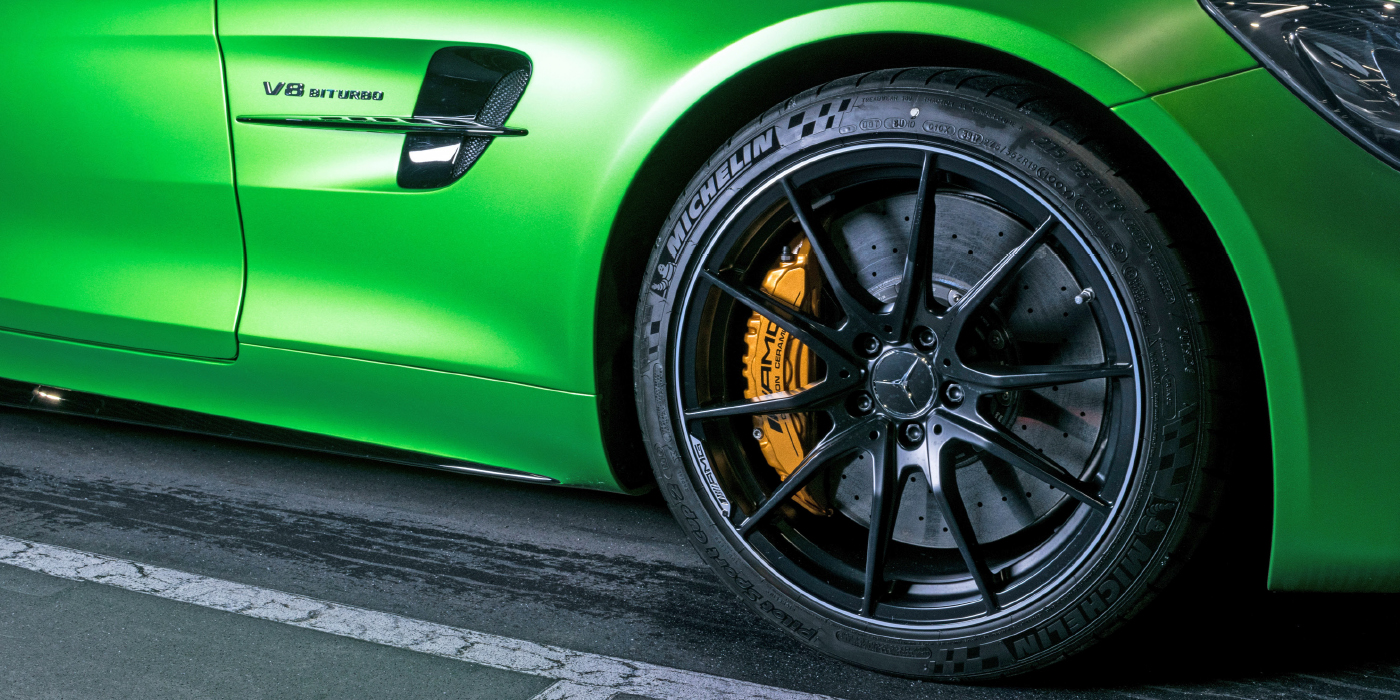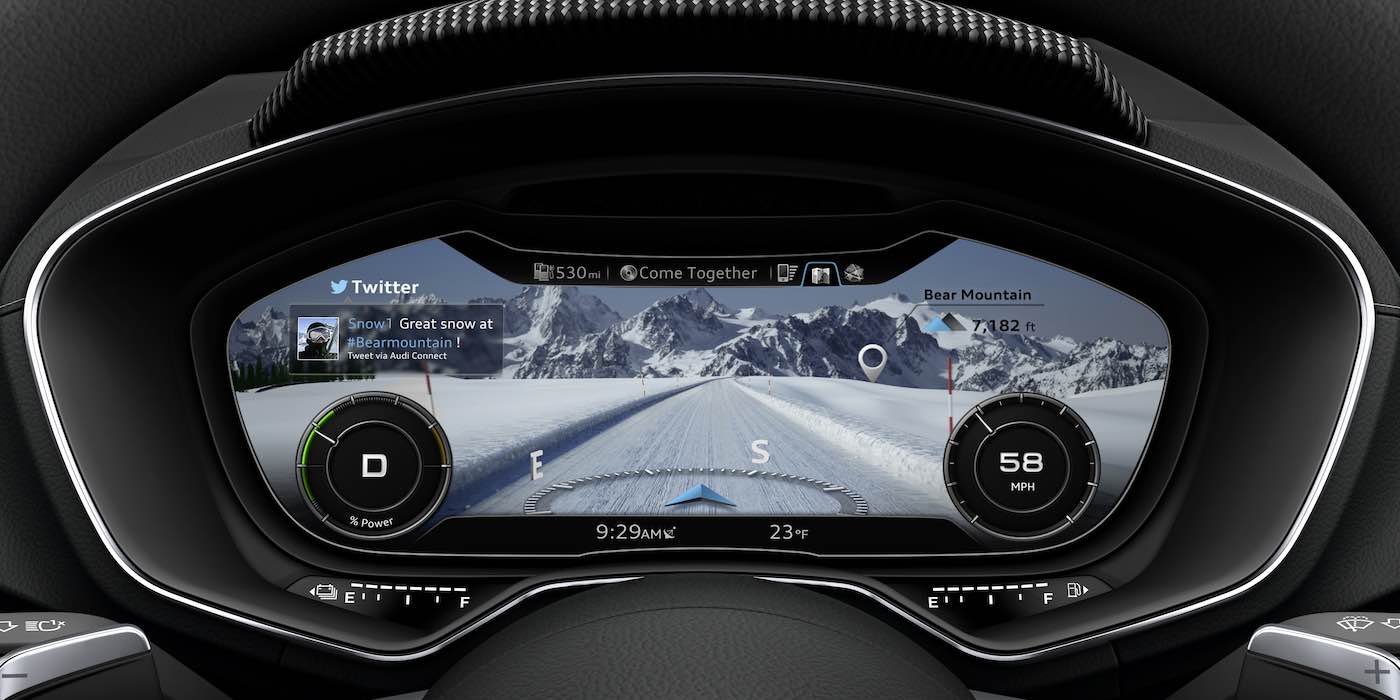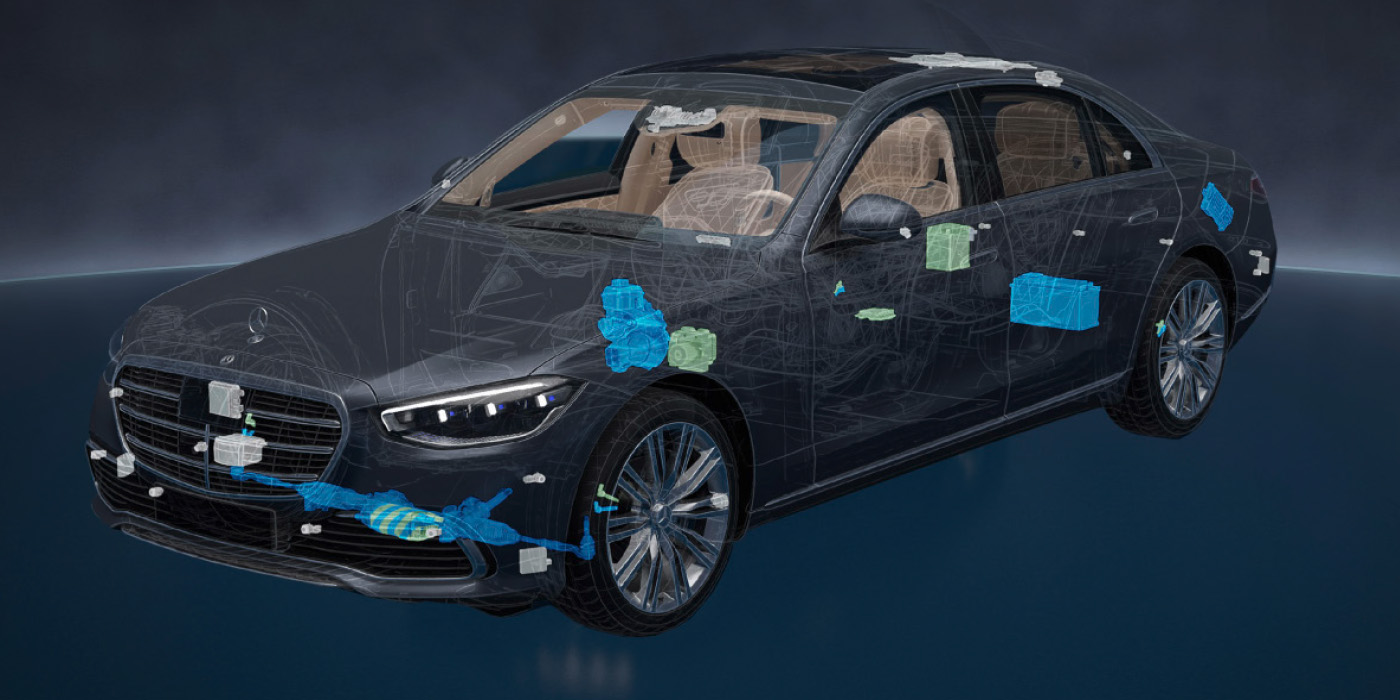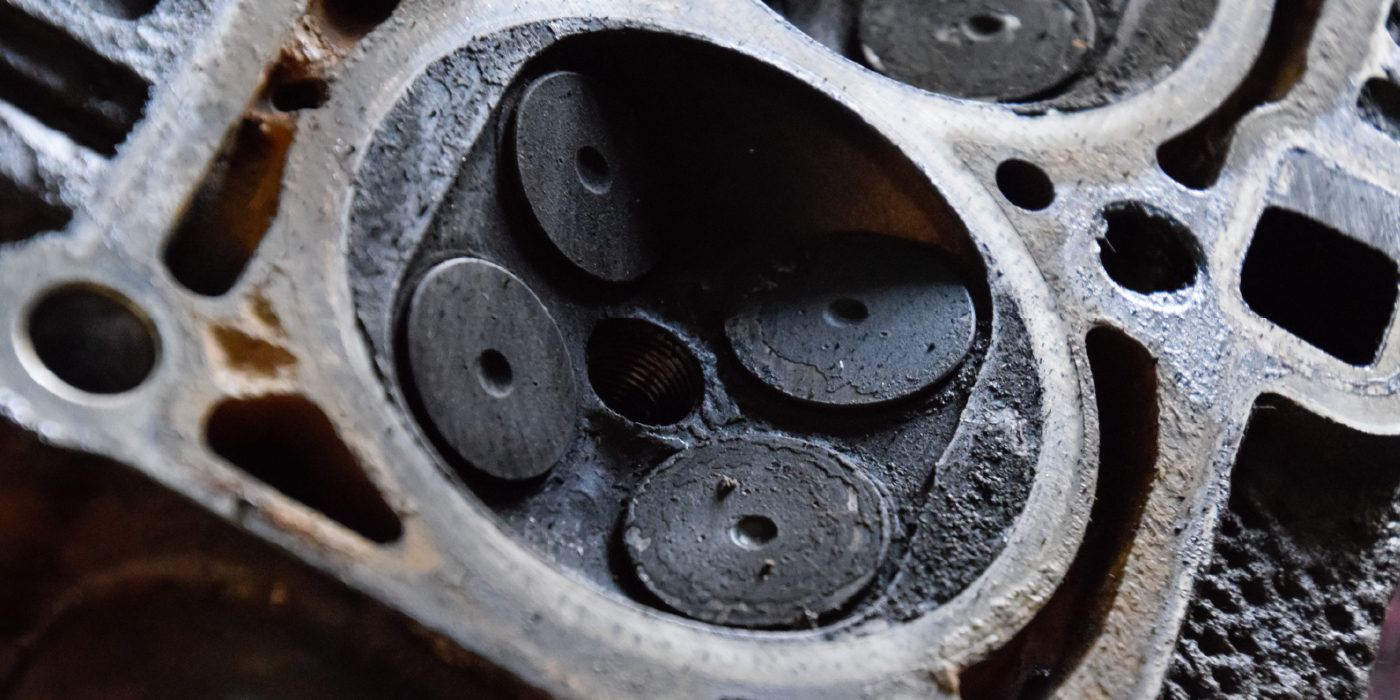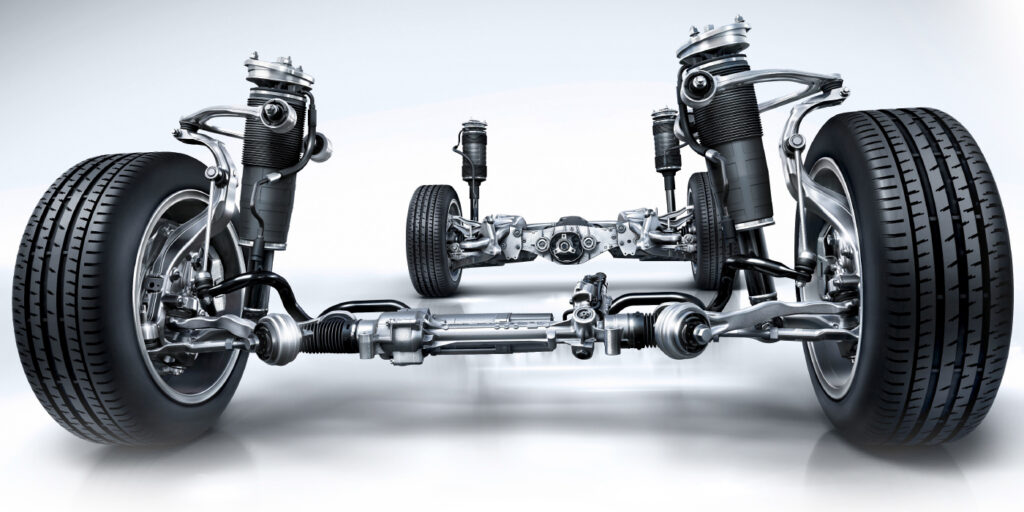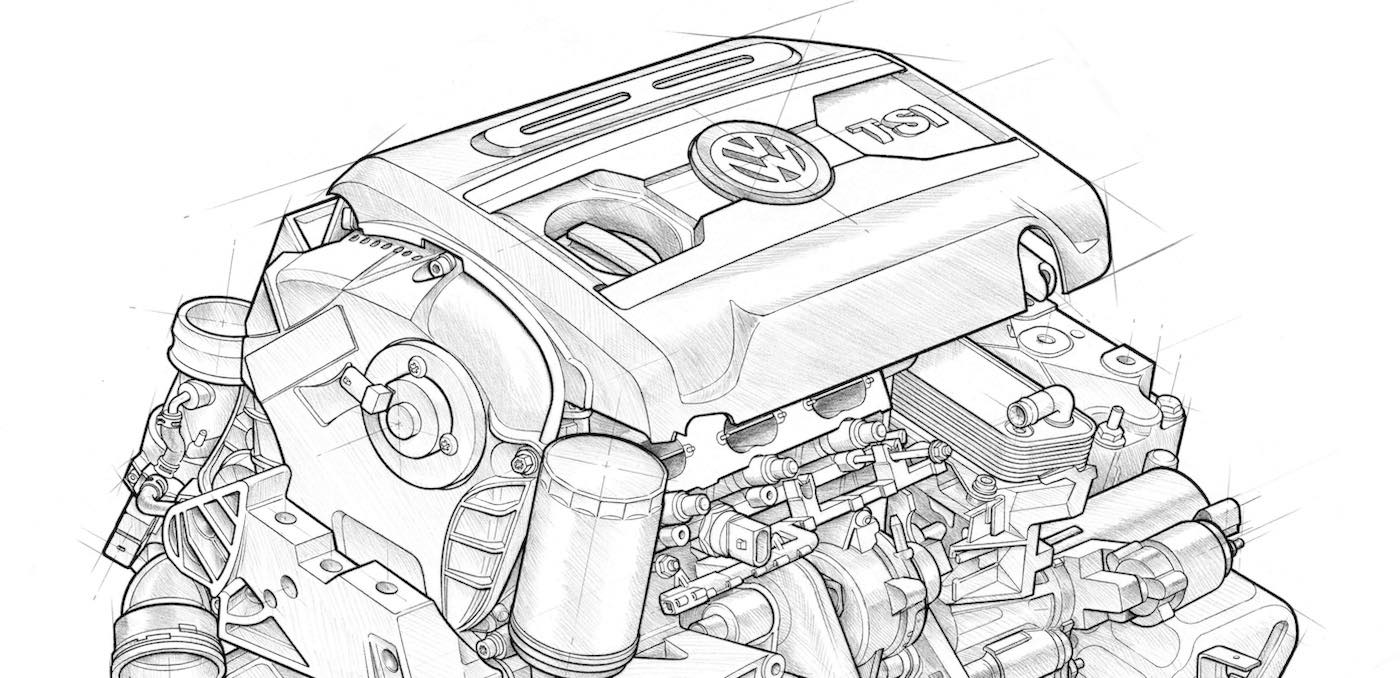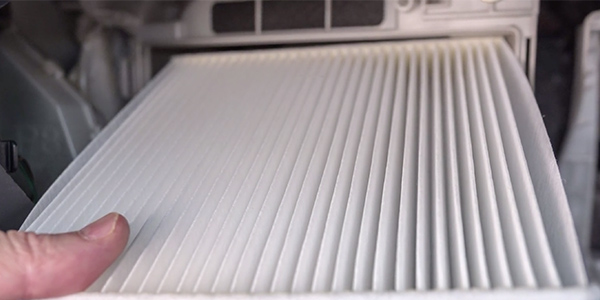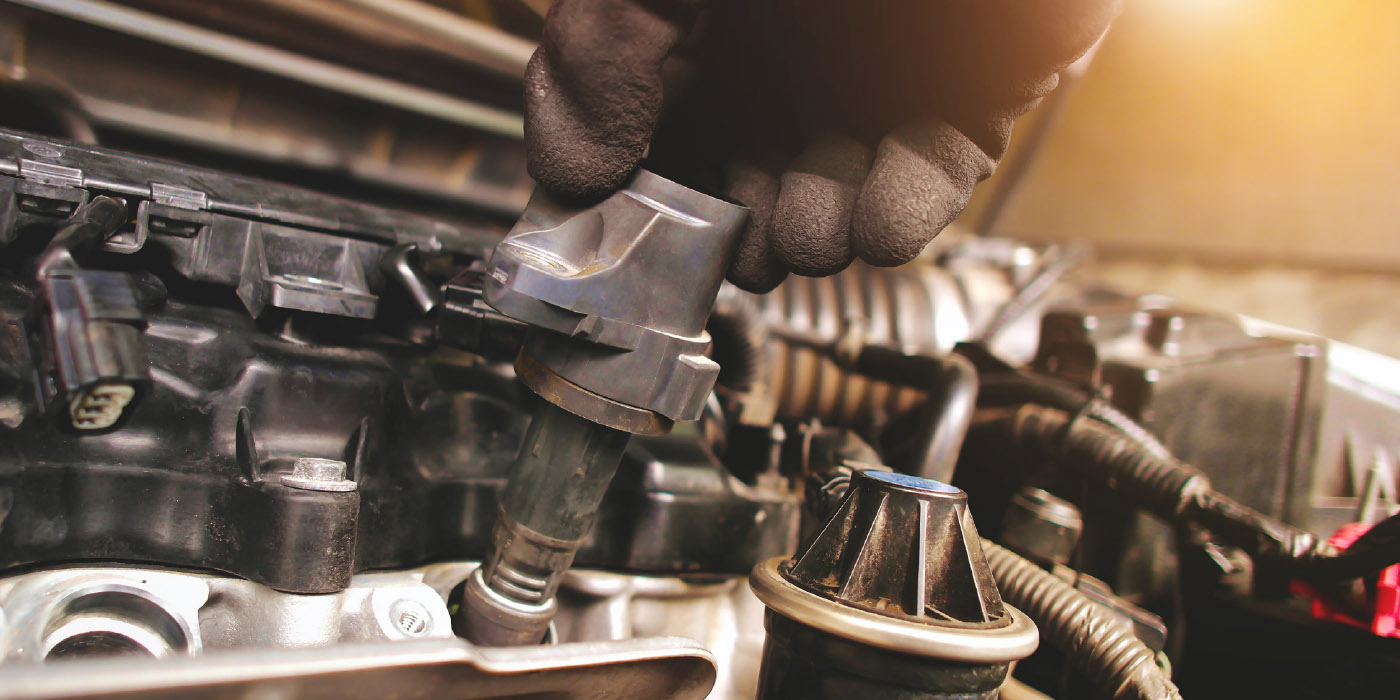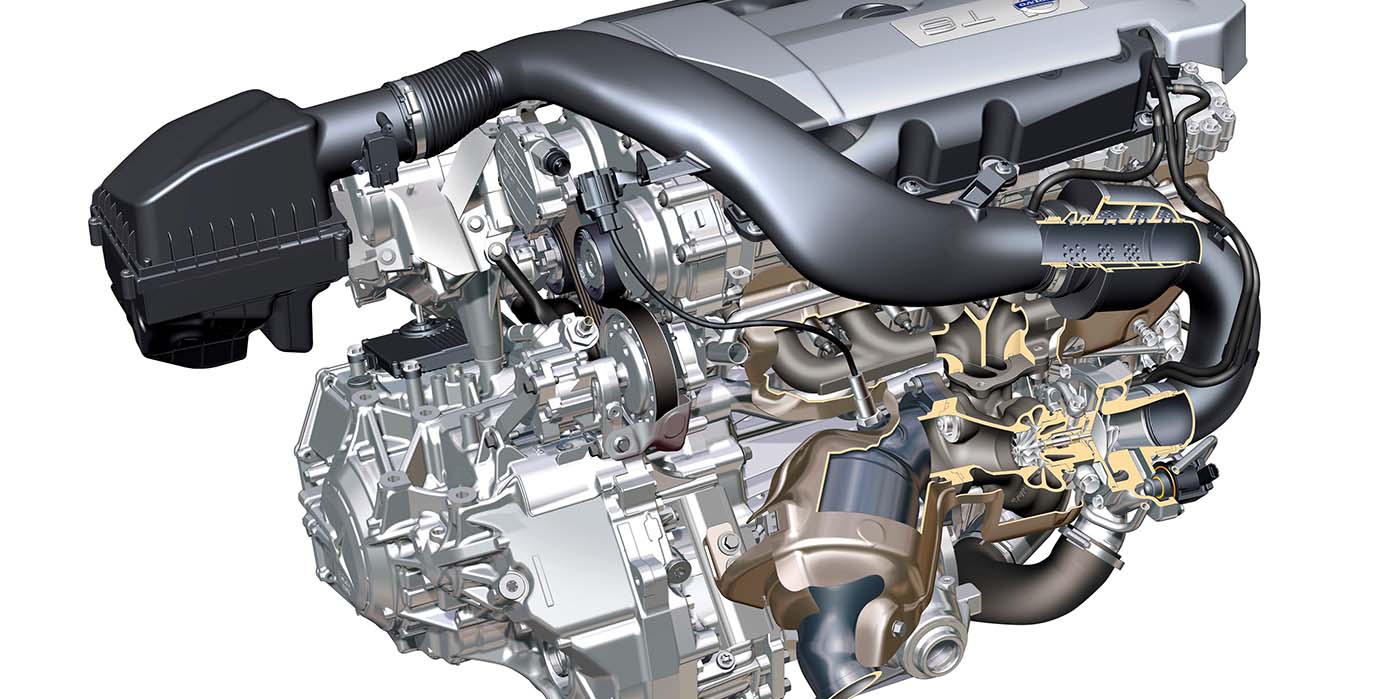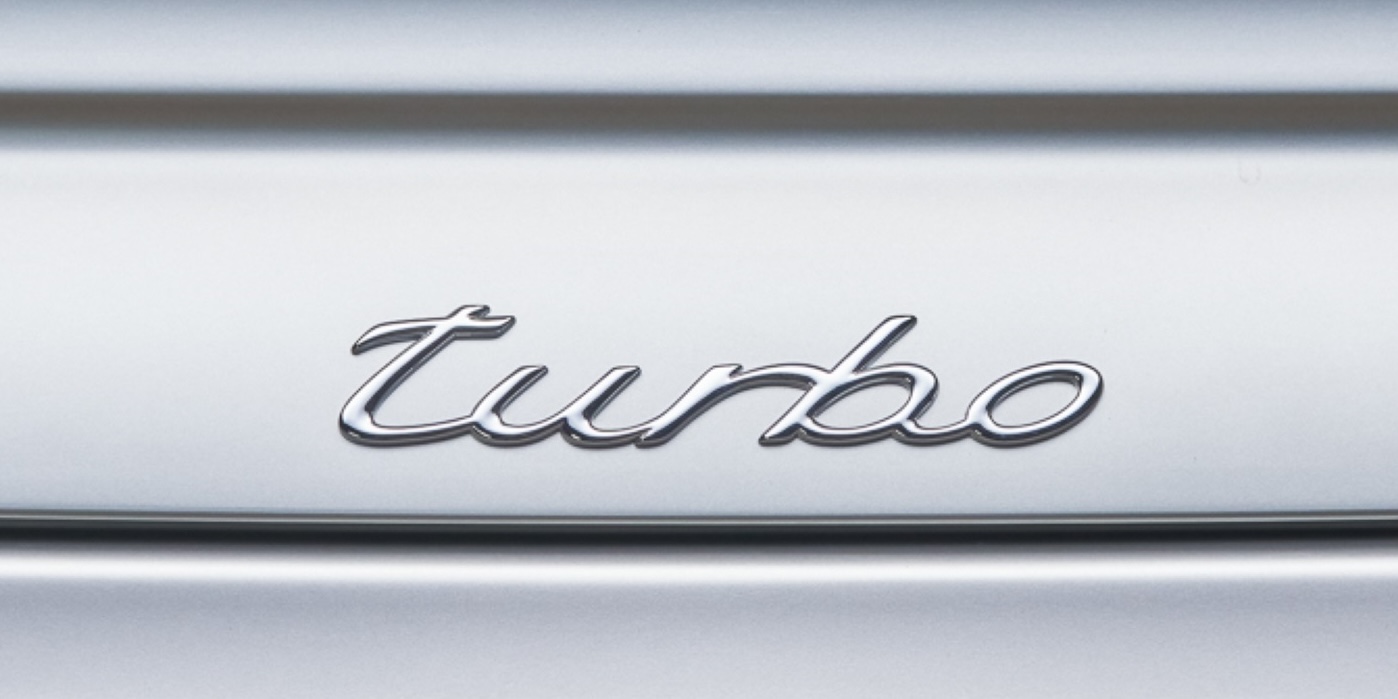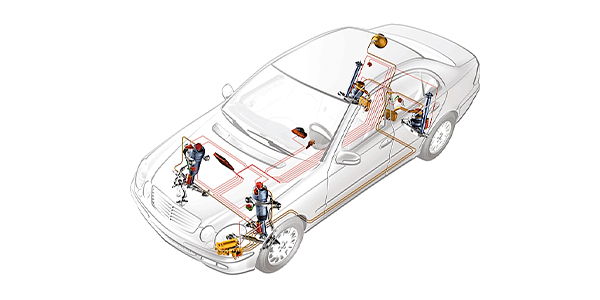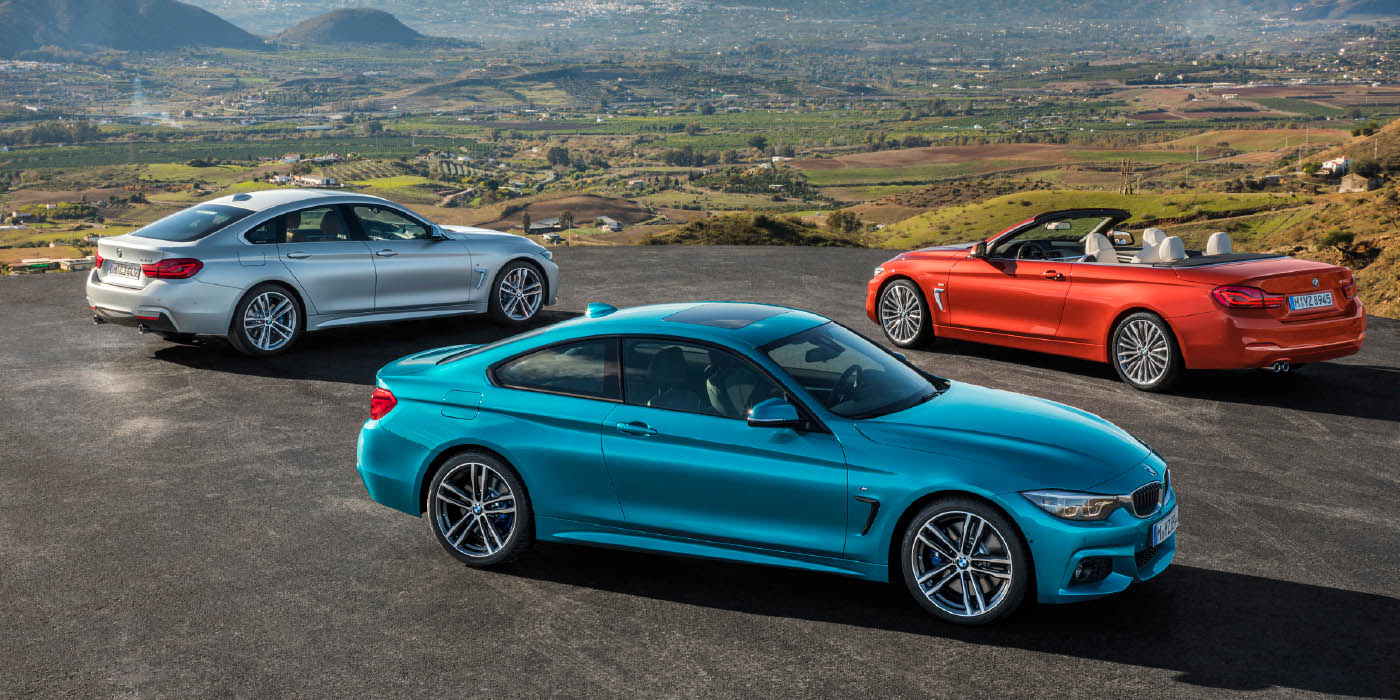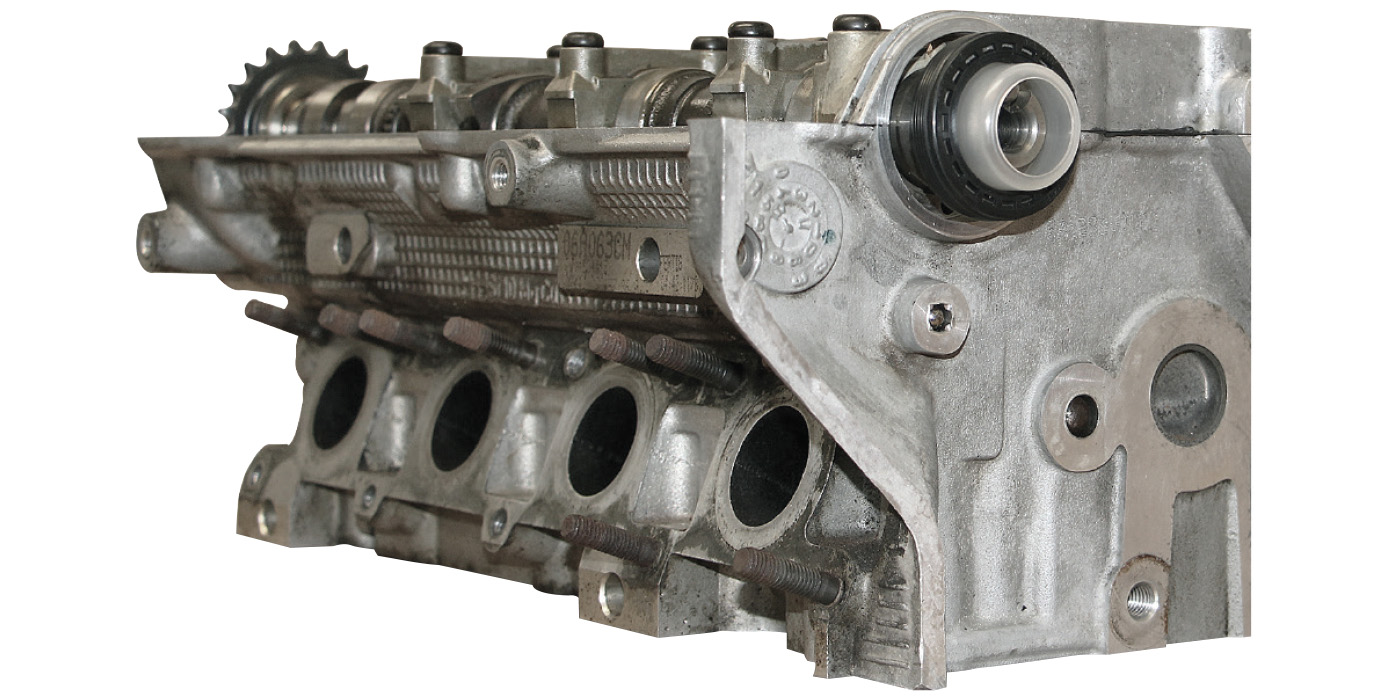When you start looking for oil for an exotic car, things can get confusing. Words like “approved,” “recommended” and “exceeds” are thrown around like a car in a four-wheel drift. But if you do your homework, it is just like specifying oil for any late model car or truck.
The first place to look is under the hood or rear hatch for the oil information. Manufacturers like Ferrari and Jaguar will place a sticker with the recommended oil weight and possibly an oil manufacturer near the engine. You should check the owner’s manual or service information for the manufacturer-recommended weight and requirements. The final stop is the oil manufacturer’s product datasheet.
Exotic cars are still under the same emission requirements and warranties as regular vehicles. Many of the oils specified are formulated to reduce additives that could reduce the efficiency of the catalytic converters. Many manufacturers have switched from 20w50 oils to 5w40 and 0w40 oils to improve fuel efficiency and reduce startup emissions. Going with a racing oil may damage the engine and emission control devices. Also, don’t be surprised if the vehicle calls for 11 liters or more of oil.
Ferrari
Ferrari does not have a published oil testing procedure or standard, But they do have approved suppliers that typically correspond to the car sponsorship or technical partner sponsorship of their F1 team.
In the owner’s manual, the recommended oil is listed and the API SN or ACEA (A3/B4)specification. Most late-model Ferrari vehicles will require a 5w40 or 10w60. The oil should be high-quality and full-synthetic.
Porsche
Porsche uses an in-house method to test motor oils. These tests can last 203 hours under summer and winter driving conditions using a Porsche engine. Some tests include five one-hour track sessions on the Nurburgring racetrack. The test measures engine cleanliness, oxidation and wear.
Late-model Porsche vehicles have four oil specifications including C40, C30 and C20; A40 oils are the latest specifications for some vehicles starting in 2018. C40 and A40 oils are typically 5w40 oils. C30 and C20 oils are 5w30, 0w30 and 0w20 oils that are used in certain Cayenne and Macan models. Some Cayenne models will list a VW/Audi oil specification.
Lamborghini
Since Lamborghini became part of the VW group in 1998, the oil specifications for the engines follow the VW oil specifications. For 5w30, the oil specified needs to meet the VW 504 or 507 oil type.
But, there is even more crossover on the latest models that share Porsche platforms like the Urus and Huracan might call for a C40 oil grade.
Bentley
Like Lamborghini, Bentley is now part of the VW group. Depending on the vehicle and engine, the service information will specify a VW 502-507 oil. Some models specify a 0w40 oil.
Mercedes-Benz
For high output engines like found in the SLR and AMG models, Mercedes specifies a higher grade of oil like oil specification 229.3. To find the correct oil go to bevo.mercedes-benz.com.


